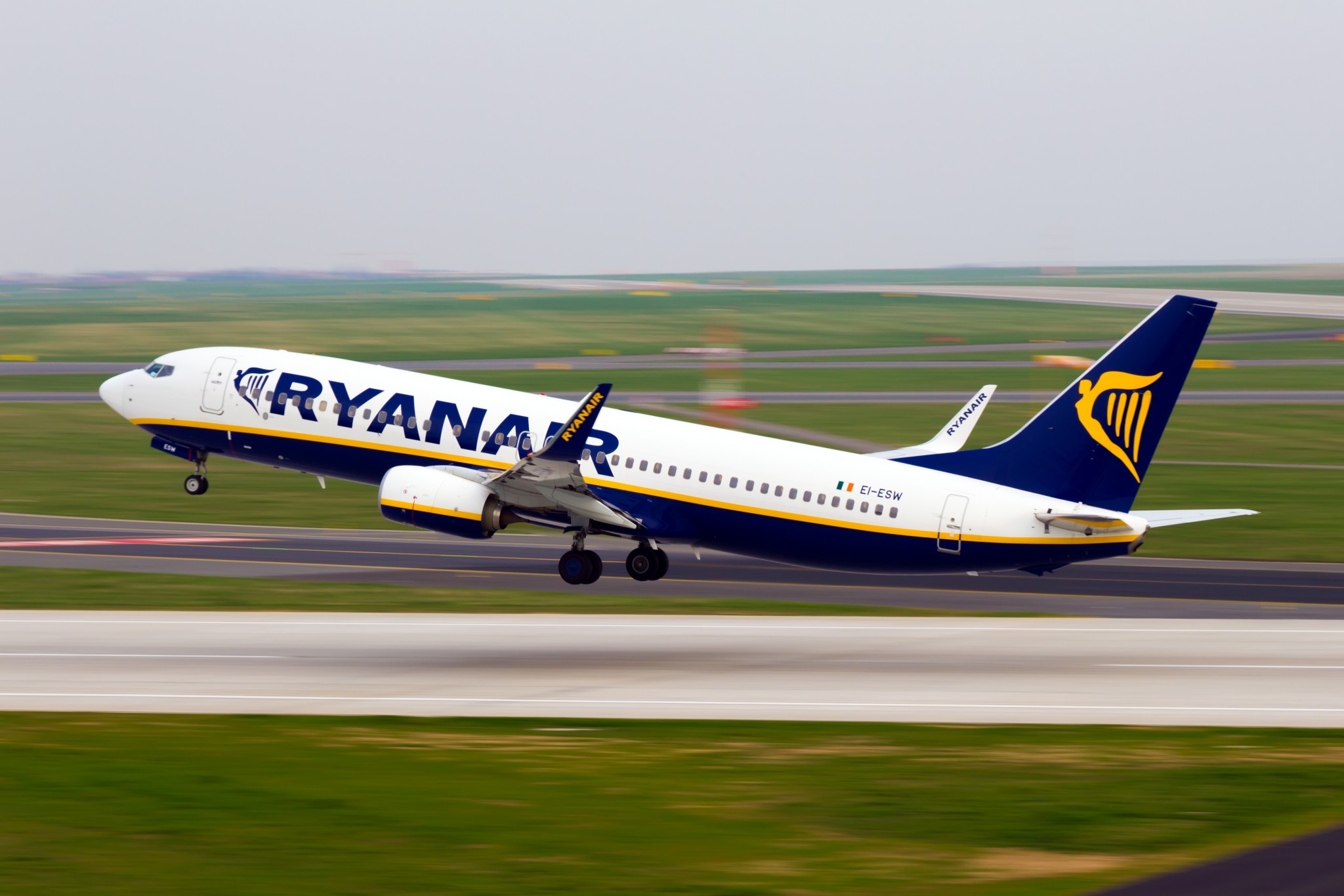Ryanair used its annual results to launch a broadside against what it views as unlawful state aid to its European rivals as the Irish carrier plunged to a $200 million loss in the first quarter of 2020.
Total revenues for Ryanair for the full year up to the end of March 2020 were €8.49bn
a 10 % increase on 12 months’ earlier but the impact of COVID 19 saw it record a $200 million loss for the last three months as it operated less than 1% of scheduled flights due to flight bans.
These groundings reduced its March and full year traffic by over 5 million passengers. Some return to flight services is expected in Q2 but Ryanair expects to carry no more than 50% of its original Q2 traffic target of 44.6m, as bookings will be impacted by public health restrictions and quarantine requirements.
The results highlighted the poor performance of Ryanair’s Austrian subsidiary which it said had underperformed in the last 12 months due to lower than expected fares due to “intense price competition from Lufthansa subsidiaries in its core Austrian and German markets,” and the German carrier was one of a number of airlines in its sights over its receipt of state aid.
“When Group airlines return to scheduled flying from July, the competitive landscape in Europe will be distorted by unprecedented quantums of State Aid (in breach of EU rules) under which over €30bn has been gifted to the Lufthansa Group, Air France-KLM, Alitalia, SAS and Norwegian among others,” Ryanair said in its results announcement. “We therefore expect that traffic on reduced flight schedules will be subject to significant price discounting, and below cost selling, from these flag carriers with huge State Aid war chests.
The results announcement included a list of European airlines which Ryanair said were in receipt of illegal state aid and it named Lufthansa, Air France-KLM, Alitalia, Tui, SAS, Finnair and Norwegian.
Ryanair also recorded an exceptional €353m (net of tax) hedge ineffectiveness charge on FY21 fuel hedges (due to Covid-19 groundings), offset by favourable euro/dollar currency hedges for fuel and delayed capex.

